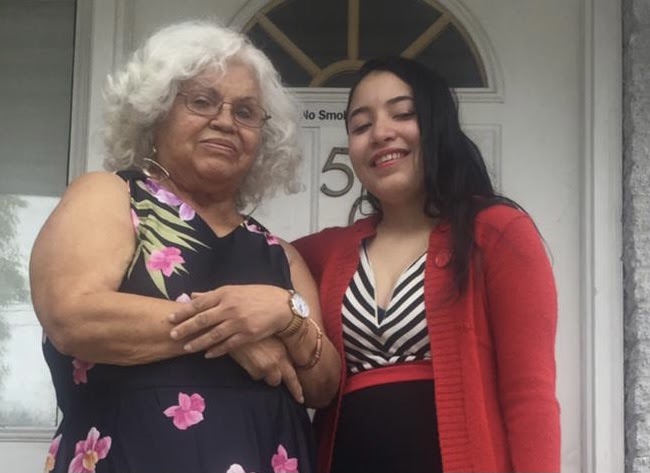By Jayleen Rolon
Staff Writer
I’ve been there. I am there.
On Dec. 14, I lost one of my favorite people ever to the disease that has caused millions of losses worldwide; from jobs to fantasies to lives.
Losing my grandmother introduced me to a different kind of grief than losing the full experience of my freshman year, but grief is grief nonetheless. Grief of many forms is very rampant in our world during this devastating time, and students certainly aren’t exempt from it.

“At any given time, 22 to 30 percent of college undergraduates are in the first twelve months of grieving the death of a family member or friend,'' writes David Balk of Fairmont State University.
This statistic is inevitably higher during the Covid-19 pandemic as the reported death toll in the United States inches closer to half a million every day. The added difference of not being able to visit loved ones in the hospital or attend their funerals makes bereavement in the pandemic particularly difficult. Social distancing during a time where having a shoulder to cry on could be pivotal makes these particular circumstances strenuous for a bereaved person as well.
A heartbreaking situation many people have had to confront over the course of the pandemic.
Countless students, and faculty members for that matter, are beginning the spring semester in the midst of mourning their loved ones. It can be tempting to throw yourself into the responsibilities and let the grieving process take a backseat but that would be counterproductive.
“Final exams can wait — grieving for loved ones can't,” a professor told me after I notified her of my grandmother’s passing.
A Purdue University study found that grief has a significant impact on students’ GPAs in the semester during and after the loss, with a .33 decrease among male students and a .1 decrease among female students. Trying to combat that impact by putting school first does nothing for your mental wellbeing.
Mental health should never take a backseat because you can’t perform your best on whatever you are prioritizing without taking care of yourself. The essay you’re writing instead of letting yourself ride the rollercoaster of emotions that come with grief won’t be the best it can be without addressing the emotions. Running a marathon on a broken leg will only lead to more injury.
Academics deserve priority as a student, but you are a human before any other label, and processing loss is unfortunately a universal human experience. That process will look different for everyone.
Whether you follow the textbook stages of grief from denial all the way through acceptance, or your journey is a zigzag, it is incredibly important to go through. Some people cope through spirituality, others through therapy, and many through a combination of approaches that help them tackle life without their loved one.
Loss is hard at any time, and when death is being turned into graphs and charts it can be difficult to remember that real lives are ending at a concerning rate. For each person lost to the coronavirus there is an immeasurable amount of grief in the aftermath. There is no right way to grieve, but tending to your broken heart should come before anything else.







